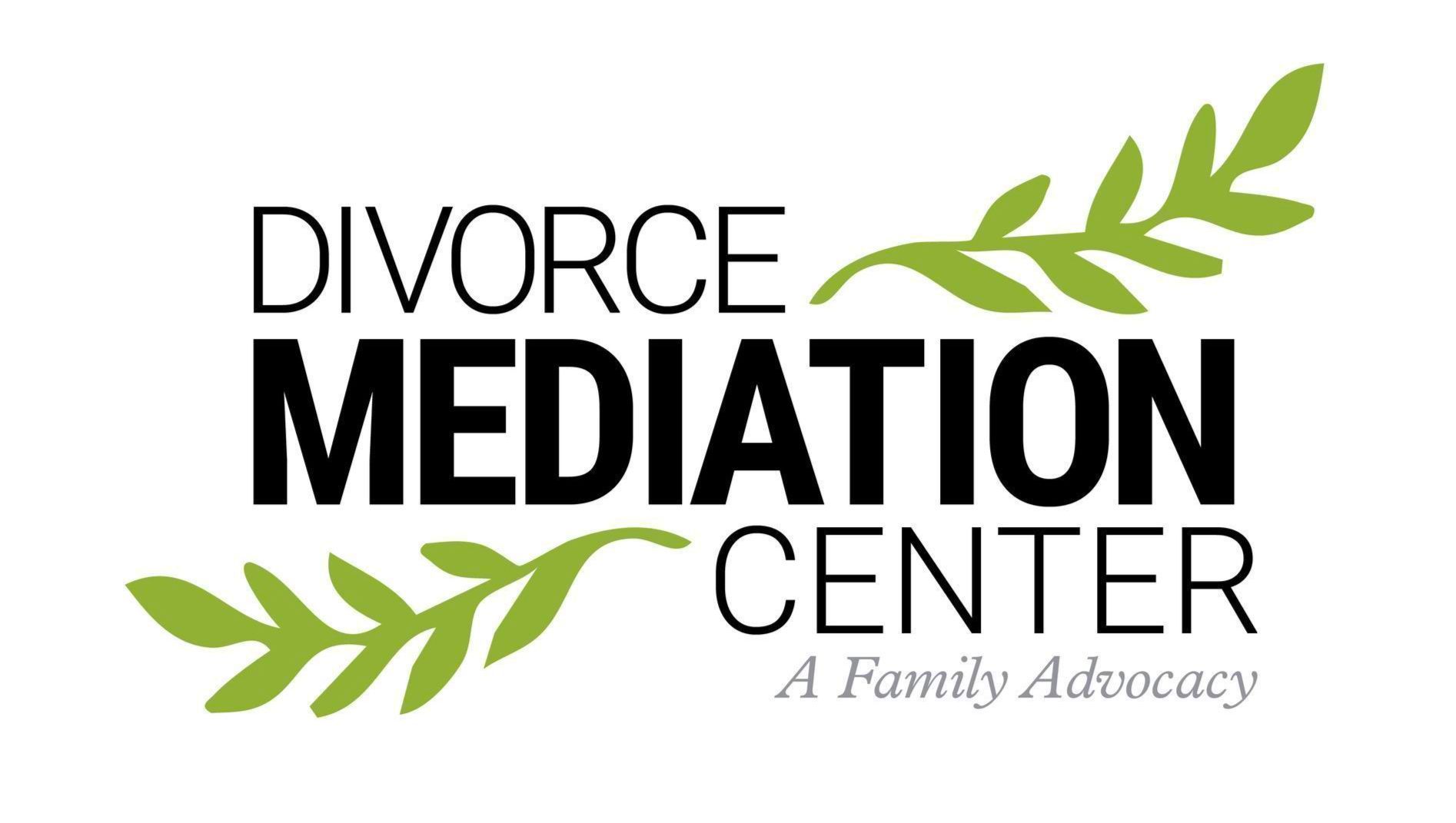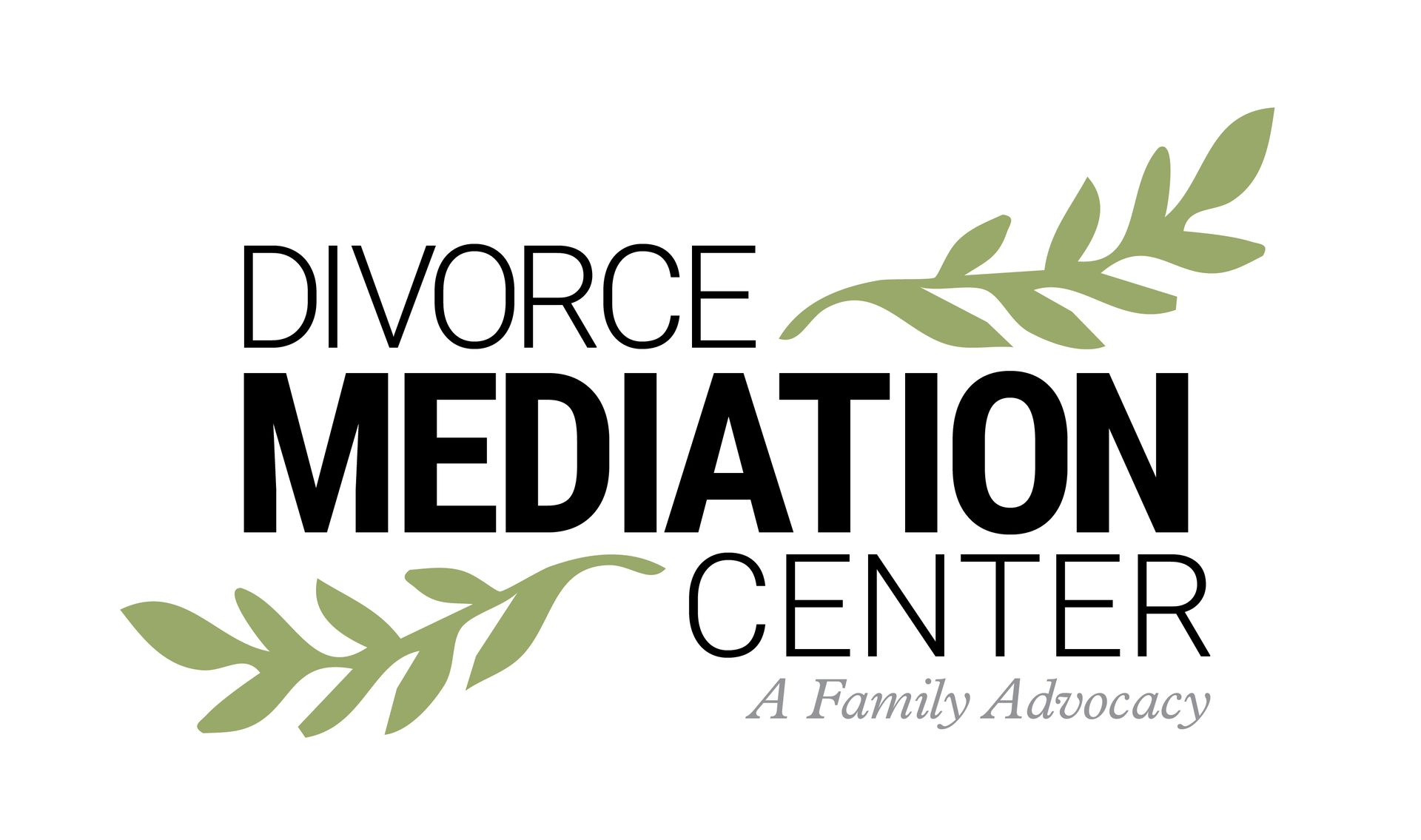How to tell kids about Divorce
If the family is preparing for divorce, you may have concerns and questions about how you should tell the kids. Firstly, parents will want to have several items determined before you have this conversation with the children. Will the children’s school or after school activities change? What will the separate living arrangements and the weekly caregiving schedule be for parents? It is best to postpone this conversation until after parents have completed a comprehensive parenting plan in mediation.
These items will be the first questions the children will ask and it is important for parents to have confident answers relating to these items because you will want to make sure this conversation has the least amount of impact when delivering this information.
Denise Houston , a Licensed Professional Counselor whose practice specialized in child therapy recommends:
1) Parents should be together and tell all of the children at the same time in a family meeting if they can do so without volatility, blaming each other or defending themselves. If parents have a Therapist, you may want to practice this conversation together in session to become more comfortable with delivering this information.
2) Parents should use statements such as:
“We will get along better if we live in separate houses”
“Parents do not divorce children, we are not divorcing you”
“We will both still love you and spend time with you”
“The divorce is not your fault”
“We will keep as many things the same as we possibly can (school, neighborhood, friends)”
Child experts also say that the timing of when parents actually tell the children is also important. Tell them no more than 2 weeks before one parent moves out of the home. If parents tell the children sooner than that, long before the actual separation takes place, it can be confusing to children, and can leave room for the children to ponder and gain false hope of a reconciliation.
Also parents should be prepared for these common questions that children may have. Parents should be cohesive and on the same page in their responses:
“Why did you stop loving Mom/Dad? ” This question is disguised as “ Will you stop loving me ” so both parents will want to reassure the child that just because Mom and Dad’s relationship is changing, each parent will continue to love the children and that will never change.
“Will you ever get back together ?” The kids must be told very clearly that their parents will not be getting back together.
“Why did you break up our family?” Parents should not discuss the details of the nature of the breakdown of the marital relationship with the kids and avoid assigning blame. Children (even teenagers) should not be burdened with adult marital relational issues.
“Do I have to go to Mom’s/Dad’s?” Yes, no matter what age, children need parenting time with both parents (as long as it is safe for the children with no threat of abuse), it is important to work together to resolve lingering issues so that both parents reinforce the benefit of alone time with the other parent.
“Am I getting a new Mom/Dad?” No, parents are not replaceable. Their mother will always be their mother and father will always be their father, despite the possibility of one or both parents engaging in new relationships and future marriages. Step-parents are “bonus” parents and do not replace the birth parent.
“Where will I live?” As noted before, parents need to know the impending separate living arrangements prior to telling the kids. Remember that most kids are focused on self and will want to know exactly how their daily lives will be affected. Parents should know where the children will be staying with each parent and what the exchange schedule will be and discuss these details with them at this time.
It is also very beneficial to place children into “family-in-transition” counseling immediately after they are told about the divorce. Most county courts require and offer this in a family seminar. This important step will help the children understand the changes in the family taking place, and will give them a healthy perspective as well as an outside outlet to vent frustrations or concerns.
Please consider mediating a full parenting plan prior to telling your children about divorce. We can help you with this.

